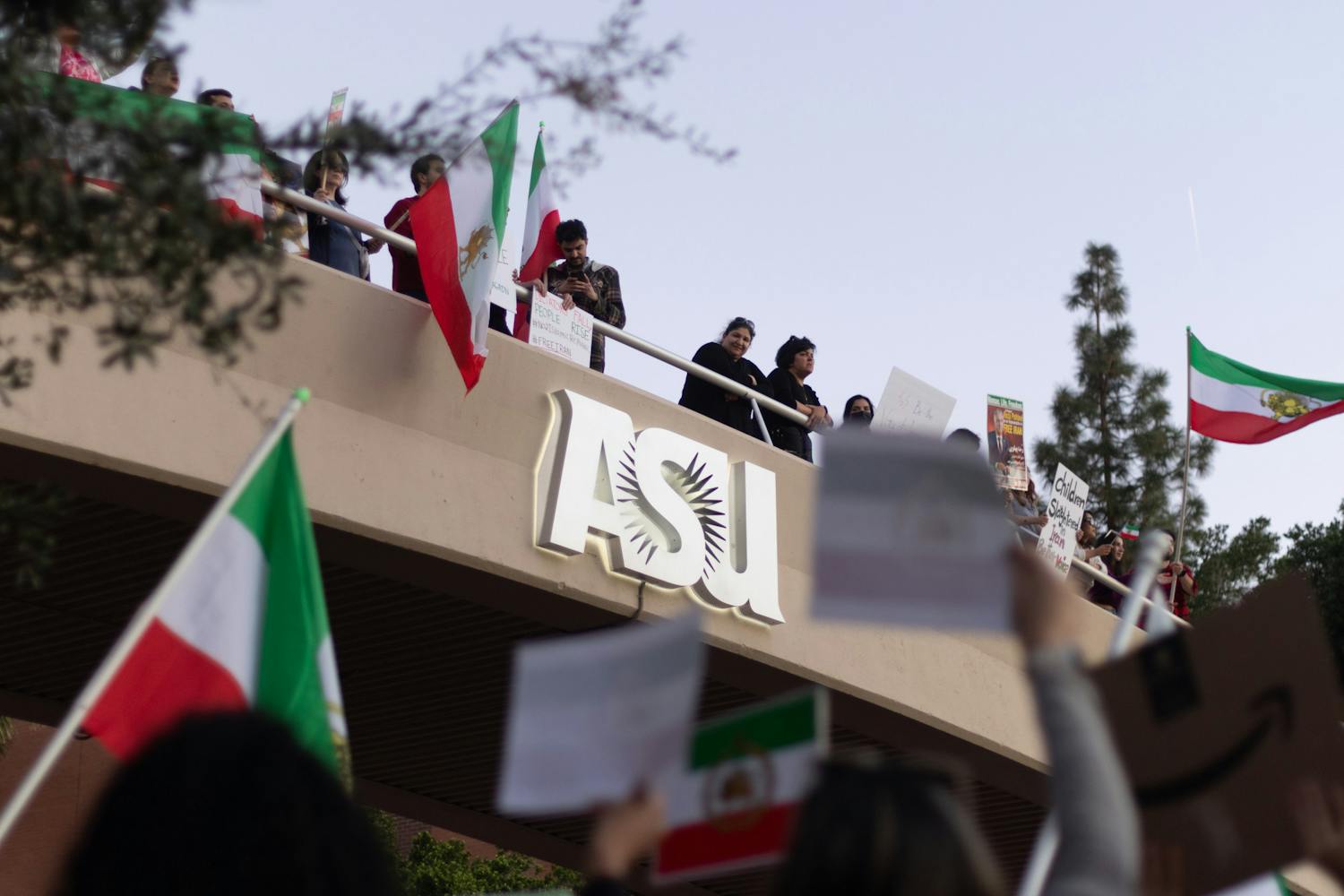At the National Prayer Breakfast earlier this month, President Barack Obama gave a speech that ruffled some feathers. In it, he sought to caution those making sweeping judgments about people who practice Islam, reminding us that horrible atrocities have been committed in the name of all faiths. Obama pointed to examples such as the Crusades, Jim Crow and slavery, all of which used Christianity as a justification for terrorism, subjugation and slaughter.
Indeed, Christianity has had dark episodes in our nation’s history. In his first memoir, “Narrative of the Life of Frederick Douglass,” the former slave observed that the most pious slaveholders tended to be the most cruel, claiming “that the religion of the south is a mere covering for the most horrid crimes — a justifier of the most horrid crimes, — a sanctifier of the most hateful frauds, — and a dark shelter under which the darkest, foulest, grossest and most infernal deeds of slaveholders find the strongest protection.”
Douglass’s observation can be used to explain the rationale of religious zealots throughout human history: If God is on my side, I can do no wrong. There is no faith that is immune to this exploitation of its teachings. Nobody would claim that Buddhism is a religion that advocates violence, and yet, in Myanmar, Buddhist monks lead massacres against Muslim women and children.
But this is not to say that religion — any religion — is inherently evil or dangerous. Adhering to a religious doctrine is a noble endeavor that requires one to be disciplined, compassionate and honest to yourself and others. Religion is the inspiration for charitable and humanitarian efforts all over the world. Every faith has its modern day saints, religious figures who sought love and peace and tolerance. The most revered of these are household names: Reverend Martin Luther King Jr., Archbishop Desmond Tutu, Mahatma Gandhi.
In the U.S. and other Western nations, however, we do not tend to view Islam from this perspective. It’s rare that we discuss Muslims outside the context of national security and terrorism. Organizations like al-Qaida and the Islamic State have distorted our thinking about a religion that has 1.6 billion followers – five of whom have received the Nobel Peace Prize since the attacks on Sept. 11, 2001.
We constantly demand that anyone who considers themselves a Muslim to condemn violence perpetrated by those who distort their faith in distant lands; while no one asks Christians to condemn atrocities committed by other Christians. This prejudice is not just confined to conservatives, as liberals have been known to justify anti-Muslim views by arguing that Islam advocates for the subjugation of women, irrespective of the fact that majority-Muslim nations around the world have elected seven female heads of state before the U.S. has been able to elect one.
No one can deny that Islamic extremism is a problem. But by attributing responsibility of this problem to an entire group of people that make up one-fifth of the world’s population, we will only exacerbate the issue.
The emergence of extremism in Muslim communities is one of the long-term effects of Western actions in the Middle East and not an inherent characteristic of Islam. There would not be a fundamentalist government in Iran today if we had not overthrown their democratically-elected leader in the 1950’s in order to install a pro-U.S. monarch. Similarly, extremist causes would not enjoy as much popularity today if we did not invade Iraq without cause, abuse prisoners in Abu Ghraib, detain Muslims indefinitely in Guantanamo Bay, torture innocent people or tacitly support Israeli and Saudi human rights abuses.
By fostering these misconceptions of the Muslim community, we avoid taking responsibility for fostering an environment where extremism is seen as a viable option. Leaders of groups like al-Qaida and ISIS have little regard for the teachings of Islam. They merely seek to exploit the faith of their followers to cement their political power and justify their atrocities. The villains of the world are not picky. For sadistic mass murderers and antebellum slaveholders alike, any god will do.
Reach the columnist at hneidig@asu.edu or follow @hneidig on Twitter.
Editor’s note: The opinions presented in this column are the author’s and do not imply any endorsement from The State Press or its editors.
Want to join the conversation? Send an email to opiniondesk.statepress@gmail.com. Keep letters under 300 words and be sure to include your university affiliation. Anonymity will not be granted.
Like The State Press on Facebook and follow @statepress on Twitter.



